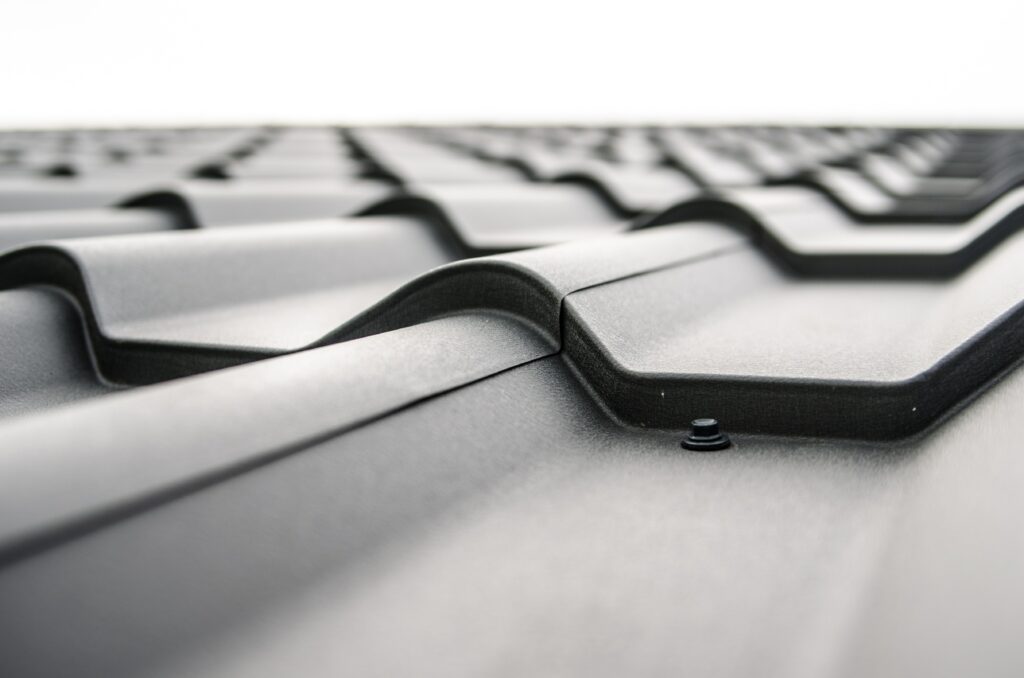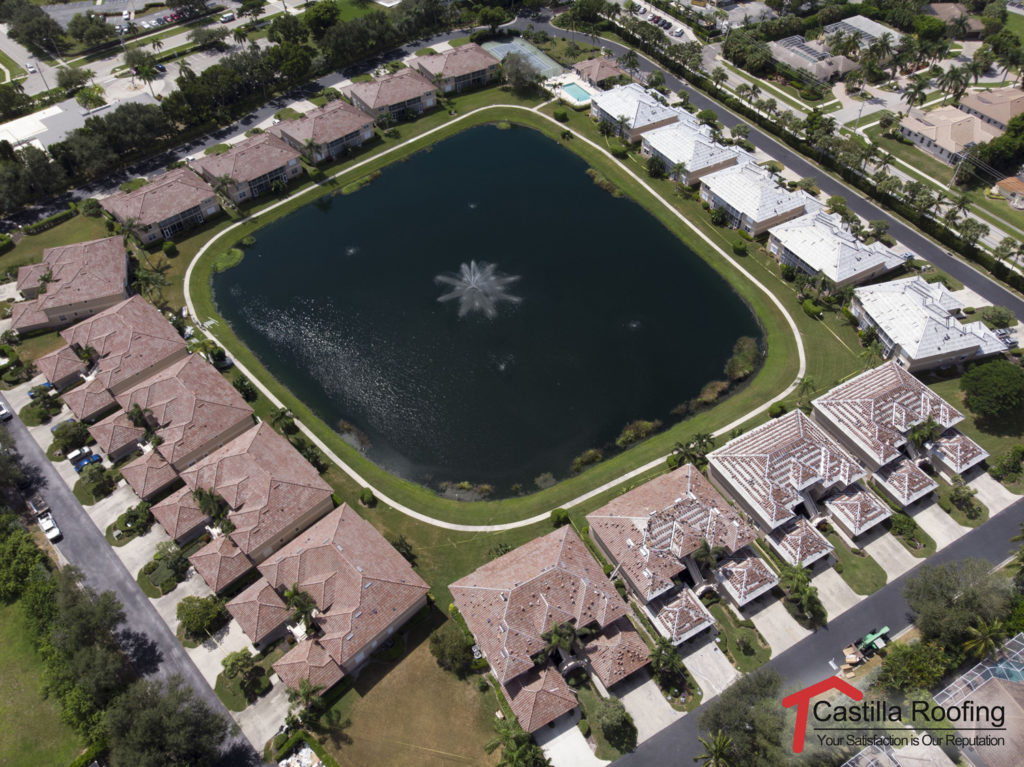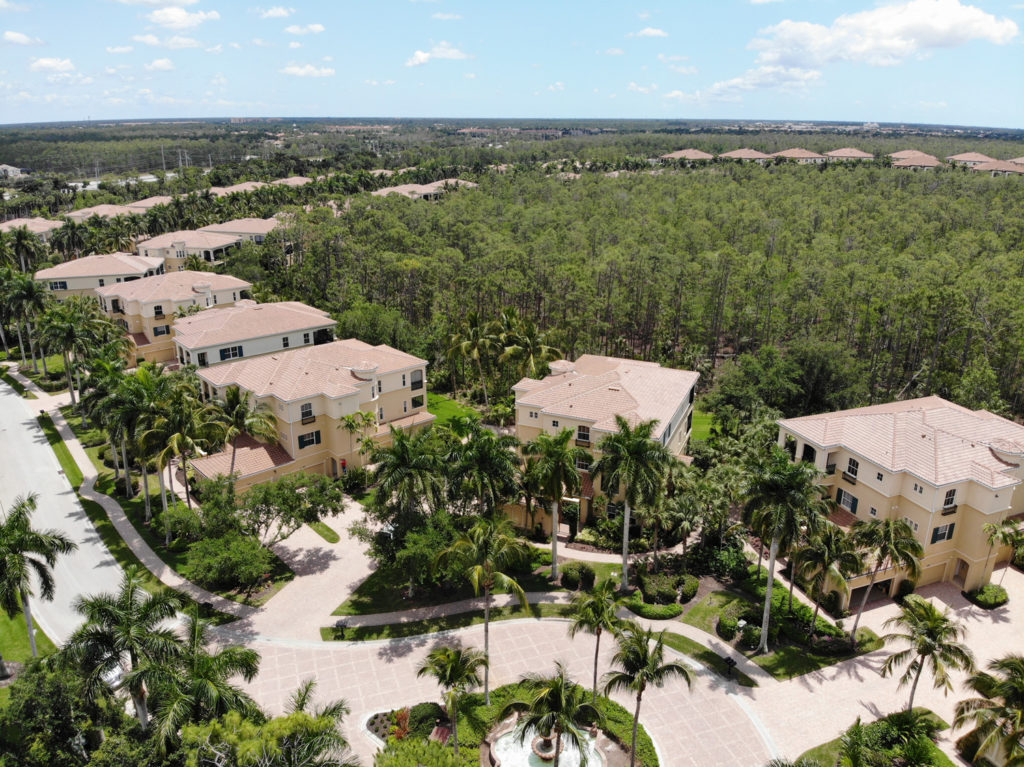When it comes to selecting a roofing membrane for your property, it’s crucial to consider various factors such as durability, weather resistance, energy efficiency, and cost-effectiveness. With an array of roofing membrane options available, each with its own set of benefits and considerations, finding the best choice can seem overwhelming. In this blog post, we will explore some of the top roofing membrane options, providing insights into their qualities and helping you make an informed decision based on your specific needs and priorities.
What is the best type of roofing membrane?
Thermoplastic Polyolefin (TPO) Membrane
TPO membranes have gained popularity in recent years due to their exceptional durability, energy efficiency, and cost-effectiveness. They are known for their heat-welded seams, which provide superior waterproofing and prevent leaks. TPO membranes are resistant to UV radiation, chemicals, and punctures, making them a reliable choice for various climates. Additionally, their reflective properties help reduce energy costs by minimizing heat absorption, especially in warmer climates.
Ethylene Propylene Diene Monomer (EPDM) Membrane
EPDM membranes are widely recognized for their long-lasting performance and flexibility. Made from synthetic rubber, these membranes are highly resistant to UV radiation, extreme temperatures, and hail damage. EPDM membranes are also known for their ease of installation and repair, as they can be adhered to or mechanically fastened. Their ability to withstand weathering and offer reliable waterproofing makes them a popular choice for both residential and commercial roofs.
Modified Bitumen Membrane
Modified bitumen membranes are composed of asphalt and reinforced with various additives to enhance their durability and weather resistance. These membranes provide excellent flexibility, making them suitable for roofs with complex shapes and contours. They can be installed using heat welding, adhesives, or torch application methods. Modified bitumen membranes offer good resistance to UV radiation and can withstand a wide range of temperatures, making them ideal for areas with extreme weather conditions.
PVC (Polyvinyl Chloride) Membrane
PVC membranes are known for their exceptional strength, durability, and resistance to chemicals, punctures, and fire. They have heat-welded seams that ensure watertight protection and reduce the risk of leaks. PVC membranes also have excellent UV resistance, which helps prolong their lifespan and maintain their appearance over time. Additionally, PVC roofs have good insulation properties, contributing to energy efficiency and potential cost savings.
Green Roofing Membrane
For those interested in sustainable roofing options, green roofing membranes are worth considering. These membranes provide a waterproof layer underneath green roof systems, which consist of vegetation and growing media. Green roofing membranes offer the dual benefits of providing reliable waterproofing and supporting environmentally friendly practices such as stormwater management, insulation, and air purification. They can contribute to energy efficiency and create an aesthetically pleasing rooftop space.
Consider Long-Term Costs and Maintenance
When evaluating roofing membrane options, it’s essential to consider the long-term costs and maintenance requirements. While some membranes may have a higher upfront cost, they could offer greater durability and longevity, resulting in potential cost savings over time. Additionally, assess the maintenance needs of each membrane type. Some membranes may require regular inspections, cleaning, or additional treatments to ensure optimal performance and extend their lifespan. Understanding the long-term costs and maintenance considerations can help you make a well-informed decision that aligns with your budget and maintenance capabilities.
Consult with Roofing Professionals
Choosing the best roofing membrane for your specific needs can be a complex task. To make a confident decision, it’s recommended to consult with experienced roofing professionals. They can assess factors such as your building’s location, climate, roof structure, and budget to provide expert advice on the most suitable membrane options. Professional roofers can also ensure proper installation and help you navigate any warranties or certifications associated with the chosen membrane. By leveraging their knowledge and expertise, you can make a well-informed decision and have peace of mind knowing that your roof is in capable hands.
Conclusion
Selecting the best roofing membrane involves careful consideration of factors such as durability, weather resistance, energy efficiency, cost-effectiveness, and maintenance requirements. TPO, EPDM, modified bitumen, PVC, and green roofing membranes are among the top options available, each with its own unique benefits. By evaluating your specific needs, consulting with roofing professionals, and weighing the long-term costs and maintenance considerations, you can make an informed decision that ensures optimal protection, longevity, and performance for your roof. Remember, investing in a high-quality roofing membrane and proper installation is an investment in the long-term integrity and value of your property.
Castilla Roofing | West Palm Beach Roofing Company
We work with the highest integrity in our policies and our workmanship, maintaining a solid and professional company. Castilla Roofing has been in the industry for many years gaining the trust of clients for our services. We define our company through our core values – it sets us apart. We are known for having a solid management system and customer care that remains unmatched. Superb systems and maximum client services produce excellence – that’s Castilla Roofing.
Contact us for a FREE estimate today!
Your Satisfaction is Our Reputation



